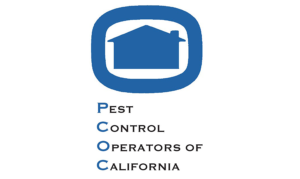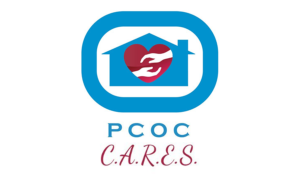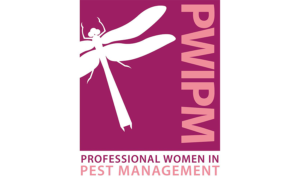Regional Transit Districts Pest Control Services
Comprehensive Pest Management
Public transportation systems are critical to urban mobility, but they also present unique challenges when it comes to pest control. Regional Transit Districts pest control ensures a clean, safe, and comfortable environment for passengers by addressing pest infestations in vehicles, stations, and facilities. Learn how our specialized pest management solutions protect transit systems and enhance passenger experiences.
Keep Your Vehicles and Stations Pest-Free!
Why Pest Control is Essential for Regional Transit Systems?
Public transit systems are highly susceptible to pest infestations due to the combination of high passenger volume, food debris, and diverse environments. Pests such as rodents, cockroaches, bed bugs, and ants can disrupt operations, damage infrastructure, and negatively impact public perception.
Effective pest management protects public health, prevents costly damage, and maintains operational efficiency.
Common Pests in Transit Systems
- Rodents: Rodents can gnaw through wires, disrupt electrical systems, and spread diseases. They are commonly found in stations and storage areas.
- Cockroaches: These pests thrive in warm, dark spaces such as under seats and within vehicle compartments, posing significant hygiene concerns.
- Bed Bugs: Bed bugs can hitch rides on passengers' belongings and infest vehicle upholstery, leading to discomfort and complaints.
- Ants and Mosquitoes:Ants are attracted to food debris, while mosquitoes can be a problem in warmer climates, especially near standing water.
Don’t Wait for Complaints – Take proactive control of pests with our proven transit system pest management services. Request a quote today!
Meet Kendra Schmidt

Kendra Schmidt, Vice President of Killroy Pest Control, brings over ten years of managerial experience and a strong commitment to providing quality pest control services. Kendra holds a general pest Branch II license, along with QualityPro School and Green Pro certificates. She is dedicated to working with Regional Transit Districts to develop proactive pest management strategies that protect the health and well-being of passengers and employees.



Proven Prevention and Treatment Methods
- Regular Inspections: Routine checks help identify potential pest entry points and early signs of infestations. Inspecting vehicles, stations, and facilities ensures proactive management.
- Sanitation Practices: Keeping stations and vehicles clean is crucial. Proper garbage disposal and the removal of food debris minimize attractants for pests.
- Baiting and Traps: Strategically placed baiting stations and traps effectively manage rodent populations while ensuring safety for passengers.
- Integrated Pest Management (IPM): IPM combines biological, cultural, and chemical controls to reduce pesticide usage while ensuring effective pest elimination. This eco-friendly approach is tailored to the unique needs of transit systems.
FAQs About Regional Transit Districts Pest Control
What pests are most common in transit systems?
Rodents, cockroaches, bed bugs, ants, and mosquitoes are frequently encountered in public transit settings due to high passenger traffic and food debris.
How often should pest inspections be conducted?
Inspections should be carried out regularly, typically on a monthly basis, to detect and address issues early. High-risk areas may require more frequent checks.
Are pest control methods safe for passengers?
Yes, professional pest control companies use methods that are safe for passengers and environmentally friendly. Integrated Pest Management (IPM) focuses on minimizing pesticide use while effectively controlling pests.
Challenges of Transit District Pest Control
- High Passenger Volume: Managing pest control activities without disrupting service is essential.
- Diverse Environments: Pest issues vary between urban, suburban, and rural areas, requiring customized solutions.
- Accessibility: Ensuring methods are safe and accessible for all passengers, including those with disabilities, is a priority.
Benefits of Professional Pest Management for Transit Systems
- Enhanced Passenger Experience: A pest-free environment ensures customer satisfaction and trust.
- Operational Efficiency: Preventing infestations reduces downtime and repair costs.
- Public Health Protection: Effective pest control minimizes the risk of disease transmission.
